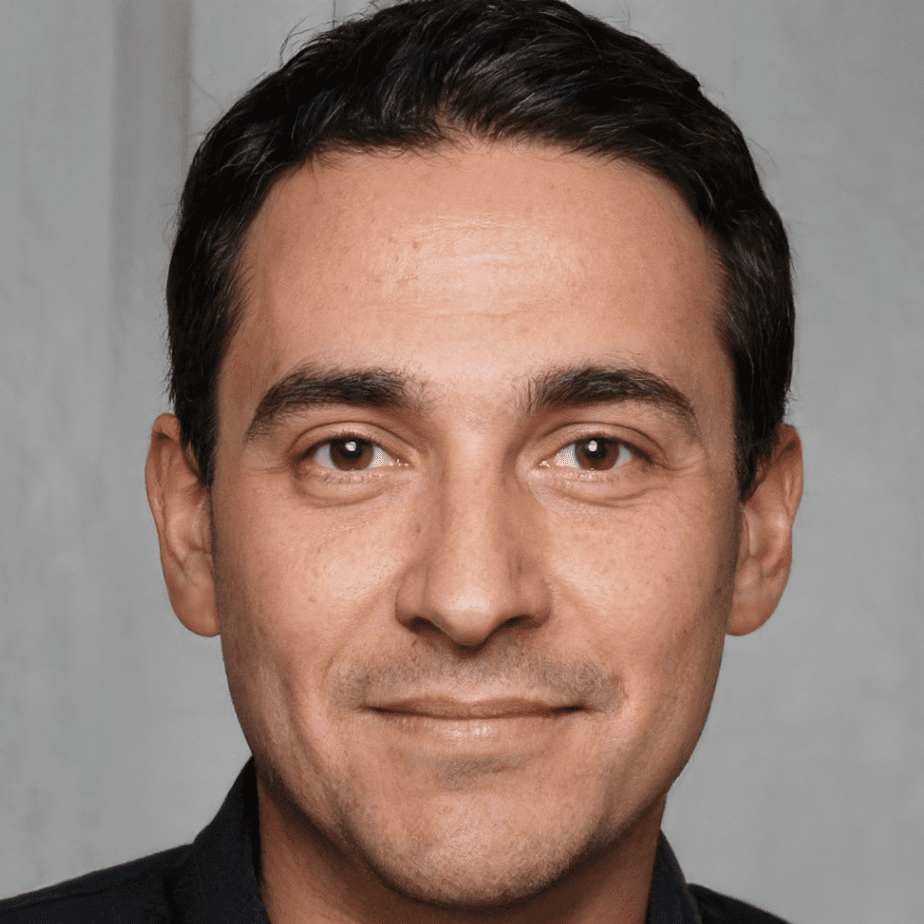Health
Are We Digging a Dry Hole? Rethinking the Approach to Long COVID Research


The Disappointing Results of Long COVID Research
Despite the increasing number of published results from federally conducted or sponsored research, the health outlook for Long COVID sufferers has not improved. Experts and patient advocates are outraged, claiming that the pace of research is slow and opaque, with little impact on prevention or patient care. The biomedical community is under attack for its lack of progress in helping patients.
The Scope of the Problem
An estimated 10 to 35 million working-age adults in the U.S. have Long COVID, with as many as 4 million people unable to work due to the condition. The need for effective treatments is urgent to alleviate the frustration, suffering, and disability experienced by these individuals.
Questioning the Current Approach
Instead of investing more time and money into traditional biomedical research, it may be time to consider a new approach. The failure to make progress in understanding Long COVID may be due to its similarity to a condition known as post-infectious syndrome or myalgic encephalomyelitis/chronic fatigue syndrome (ME/CFS). It's possible that acute COVID-19 triggers ME/CFS, and the focus should shift towards utilizing decades of relevant clinical and research experience in ME/CFS to address Long COVID.
The Limitations of Biomedical Research
While biomedical research has its place, it may not be the most productive avenue for Long COVID. The absence of a link between cause-and-effect cannot be proven through intensive probing. The current research may lead to more leads for future research, but with a low likelihood of directly helping patients. It may be time to shift the focus towards health services research and measures that impact the welfare of Long COVID sufferers, such as prevention, improved prognosis, access to empathetic care, and quality of life issues.
A New Paradigm for Long COVID Research
With a new paradigm that aligns with the observed clinical characteristics of Long COVID, a more productive and less controversial path for research can be envisioned. Health services research, comprehensive care delivery models, and social science research should take precedence. Patients and advocacy groups should be involved in all stages of study design and execution. The U.S. government should play a central role in coordinating research efforts through the recently formed Health and Human Services Office of Long Covid Research and Practice.


Hey there! I’m William Cooper, your go-to guy for all things travel at iMagazineDaily. I’m 39, living the dream in Oshkosh, WI, and I can’t get enough of exploring every corner of this amazing world. I’ve got this awesome gig where I blog about my travel escapades, and let me tell you, it’s never a dull moment! When I’m not busy typing away or editing some cool content, I’m out there in the city, living it up and tasting every crazy delicious thing I can find. Join me on this wild ride of adventures and stories, right here at iMagazineDaily. Trust me, it’s going to be a blast! 🌍✈️🍴















